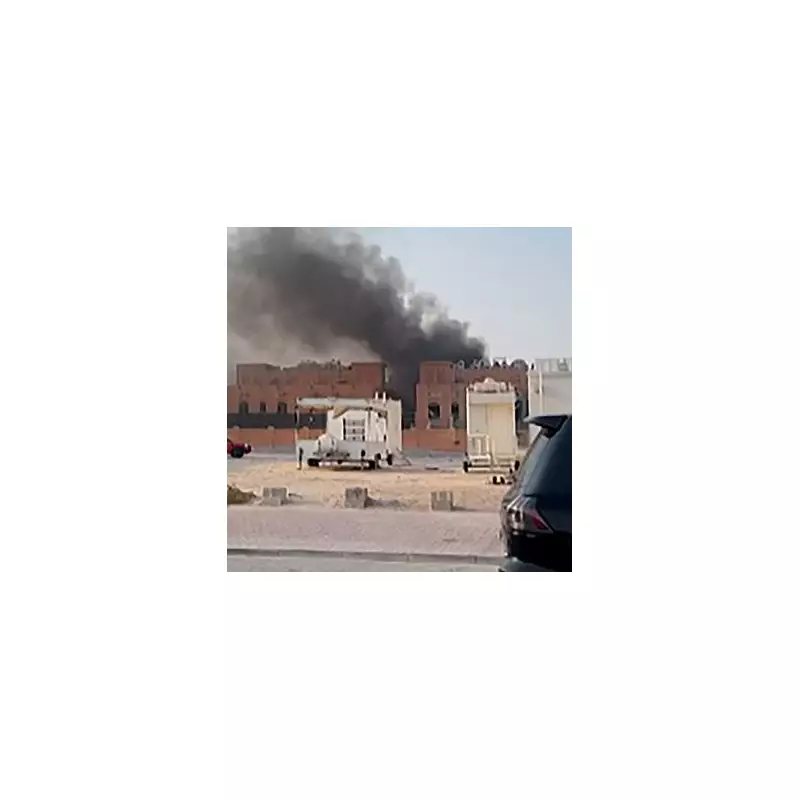
A dramatic drone strike in the heart of Doha has been blamed on Israeli intelligence agencies, targeting a high-ranking Hamas official and sending shockwaves through the already volatile Middle East.
The attack, which took place in a diplomatic quarter of the Qatari capital, represents a significant and dangerous escalation in the ongoing conflict. It directly threatens the fragile, US-brokered ceasefire negotiations that Qatar has been mediating between Israel and Hamas.
A Brazen Attack on Qatari Soil
Early reports indicate the strike was precise, carried out by an unmanned aerial vehicle. The target was a known Hamas figure, though his current condition remains unconfirmed. The brazen nature of conducting such an operation in Qatar, a key US ally and mediator, marks a severe breach of diplomatic norms and signals Israel's willingness to pursue its targets far beyond the borders of Gaza.
Ceasefire Talks Hang in the Balance
This incident throws the future of ceasefire negotiations into immediate jeopardy. Qatar's role as a neutral intermediary is now under immense strain. The Qatari government is understood to be furious, viewing the strike as a profound violation of its sovereignty and a direct insult to its efforts to broker peace.
Analysts fear this action could prompt Qatar to completely withdraw from its mediation role, collapsing the talks and ensuring the war in Gaza continues indefinitely. The United States, which has staunchly supported Israel, is also likely to face increased pressure and scrutiny over its ally's actions.
Regional Tensions Reach Boiling Point
The strike risks igniting a broader regional conflict. It demonstrates a new level of audacity in targeted operations and will likely force other nations in the region to reassess their own security. The message from Israel appears clear: no Hamas official, regardless of location, is beyond reach.
World leaders are urging for extreme de-escalation, but with trust at a historic low and a major diplomatic incident now unfolding, the path back to negotiations appears more difficult than ever. The coming hours will be critical in determining whether this attack leads to a wider war or a desperate scramble to salvage a crumbling peace process.





